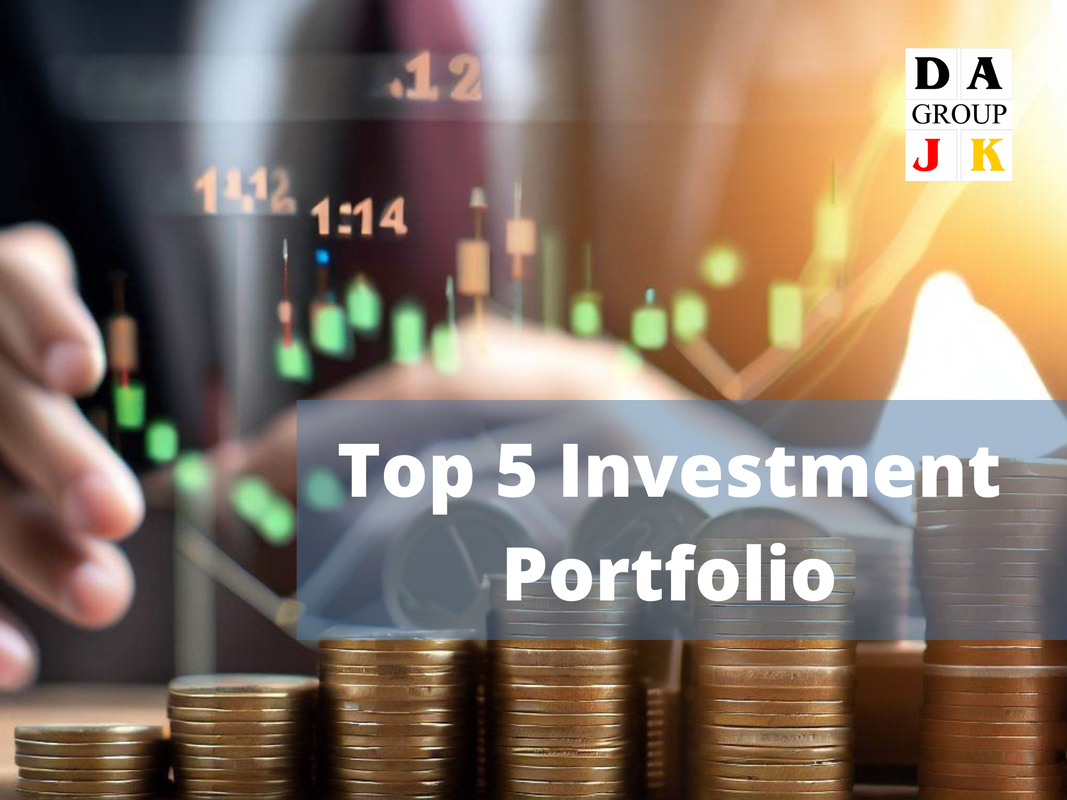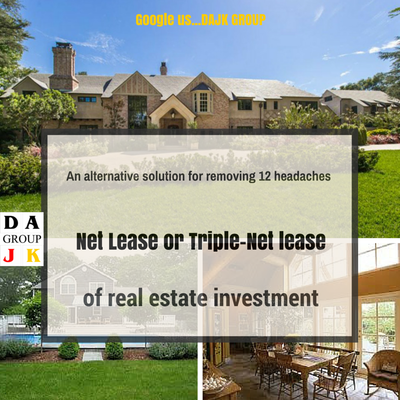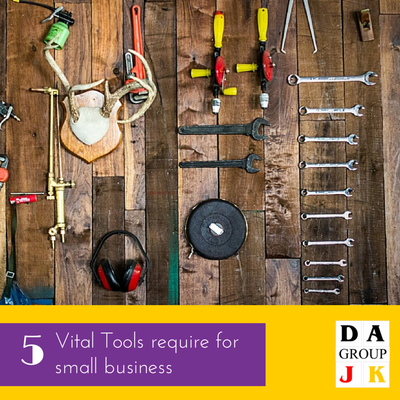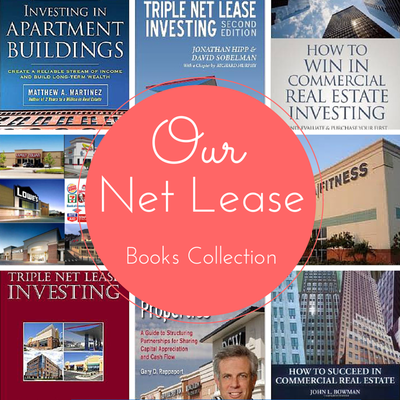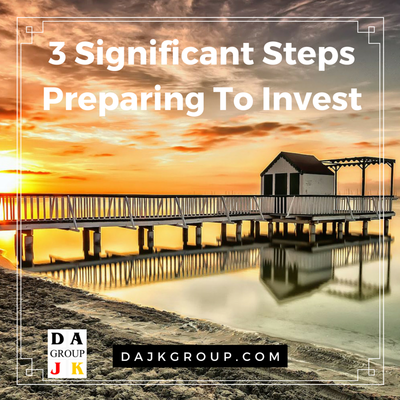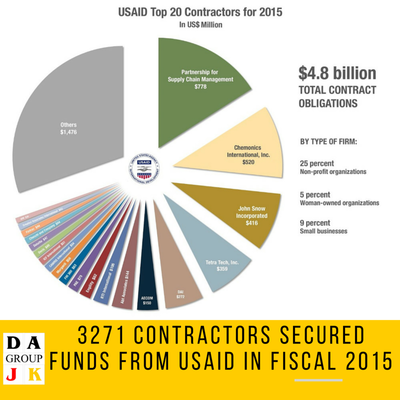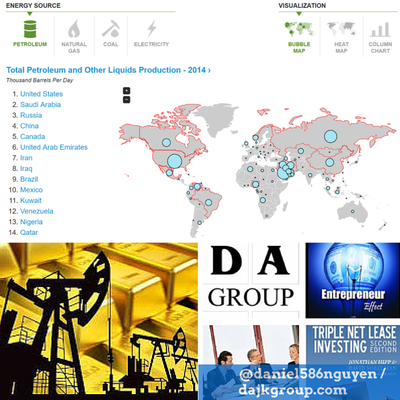|
Investing in various assets can be an effective way to grow your wealth and achieve financial goals. However, it's crucial to choose investment assets wisely based on their potential returns and your individual risk tolerance. In this article, we will explore the top five investment assets known for generating high rates of return in the last five years. Here are the top 5 investment assets that can generate the highest rate of return:
3. Private Equity. Private equity is a type of investment that involves investing in privately held companies. Private equity investments can be very profitable, but they also come with a high degree of risk. The average annualized ROI in the last five years is 15%. 4. Venture Capital. Venture capital entails investing in early-stage companies that show potential for rapid growth. While venture capital investments come with substantial risks, they can yield exceptionally high returns. Over the past five years, the average annualized ROI for venture capital investments has been 20%. 5. Cryptocurrencies. Cryptocurrencies are digital or virtual currencies secured through cryptography. Although highly volatile, they offer the potential for significant returns. It's important to approach cryptocurrency investments with caution due to their unpredictability. On average, cryptocurrencies have demonstrated an annualized ROI of 30% over the last five years. Factors to Consider When Choosing Investment AssetsWhen selecting investment assets, consider the following factors. The best investment asset for you will depend on your individual risk tolerance and investment goals. Here are some additional factors to consider when choosing investment assets:
Here are some additional questions that you can ask yourself to help you determine your investment risk tolerance:
2. Your investment goals: What are you hoping to achieve with your investments?
Here are some examples of different investment goals:
3. Your time horizon: How long do you have until you need to access your money? If you are saving for retirement, you may want to allocate a higher percentage of your portfolio to bonds and real estate.
Once you've answered these questions, you'll have a better idea of your time horizon. This will help you choose the right investments for your financial goals. 4. Your financial situation: How much money do you have to invest? Or if you have a high income, you may be able to afford to allocate a higher percentage of your portfolio to riskier assets.
Here are some additional questions that you can ask yourself to help you determine your financial situation:
Here are some additional factors that can affect your financial situation:
It is important to do your research and talk to a financial advisor before making any investment decisions. It is important to note that these are just averages, and the actual ROI of each asset class will vary depending on the specific investment. For example, the ROI of stocks will vary depending on the specific stocks you invest in, and the ROI of real estate will vary depending on the specific properties you invest in. It is also important to note that the ROI of each asset class can change over time. For example, the ROI of stocks has been higher in recent years than it was in the past. This is because the stock market has been on a bull run in recent years. However, the ROI of stocks could decline in the future. The best way to determine the ROI of an investment asset is to consult with us. We can help you assess your individual risk tolerance and investment goals, and they can recommend specific investment assets that are right for you. In summary, we discuss the top 5 investment assets with the highest return on investment (ROI) in the last five years. The assets include stocks, commercial real estate net lease (CRE-NNN), private equity, venture capital, and cryptocurrencies.
IMPORTANT NOTICE: This is unsolicited information and/or a private, proprietary, and confidential communication and is for information purposes only. This is not intended to be and must not be construed to be in any form or manner a solicitation of investment funds or a security offering.
DISCLAIMER: DAJK is NOT a Securities Dealer or Broker or Investment Adviser. DAJK is a consultant and makes no warranties or representations as to the validity of the Program and is compensated for introducing clients only. All due diligence is the responsibility of the Buyer and Seller. This blog and related documents are never to be considered a solicitation for any purpose in any form or content. Upon receipt of these documents, the Recipient hereby acknowledges this Disclaimer. If acknowledgment is not accepted, the Recipient must return all documents in their original receipted condition to Sender.
0 Comments
|
AuthorDAJK GROUP is the place where investors, business owners and entrepreneurs can research and find useful information, insight, resources, advice, guidance and inspiration for acquiring funds for their project, acquisition for their net lease commercial real estate, increasing their assets and running their profitable business. Archives
July 2023
Categories |
Services |
Company |
|

